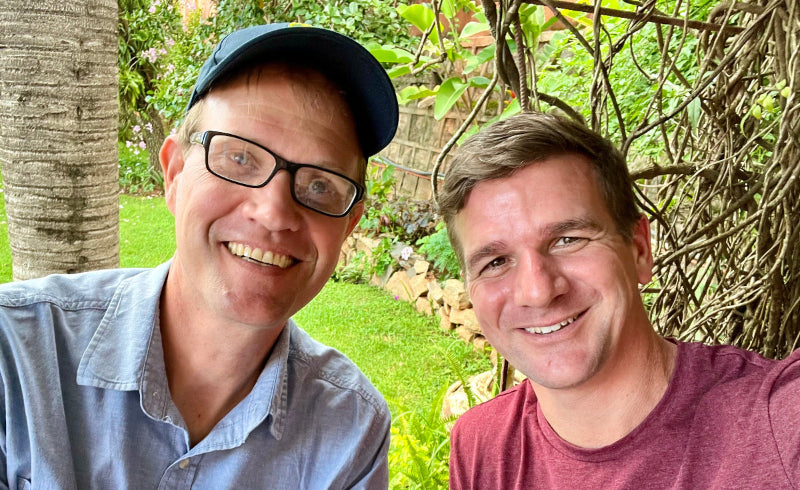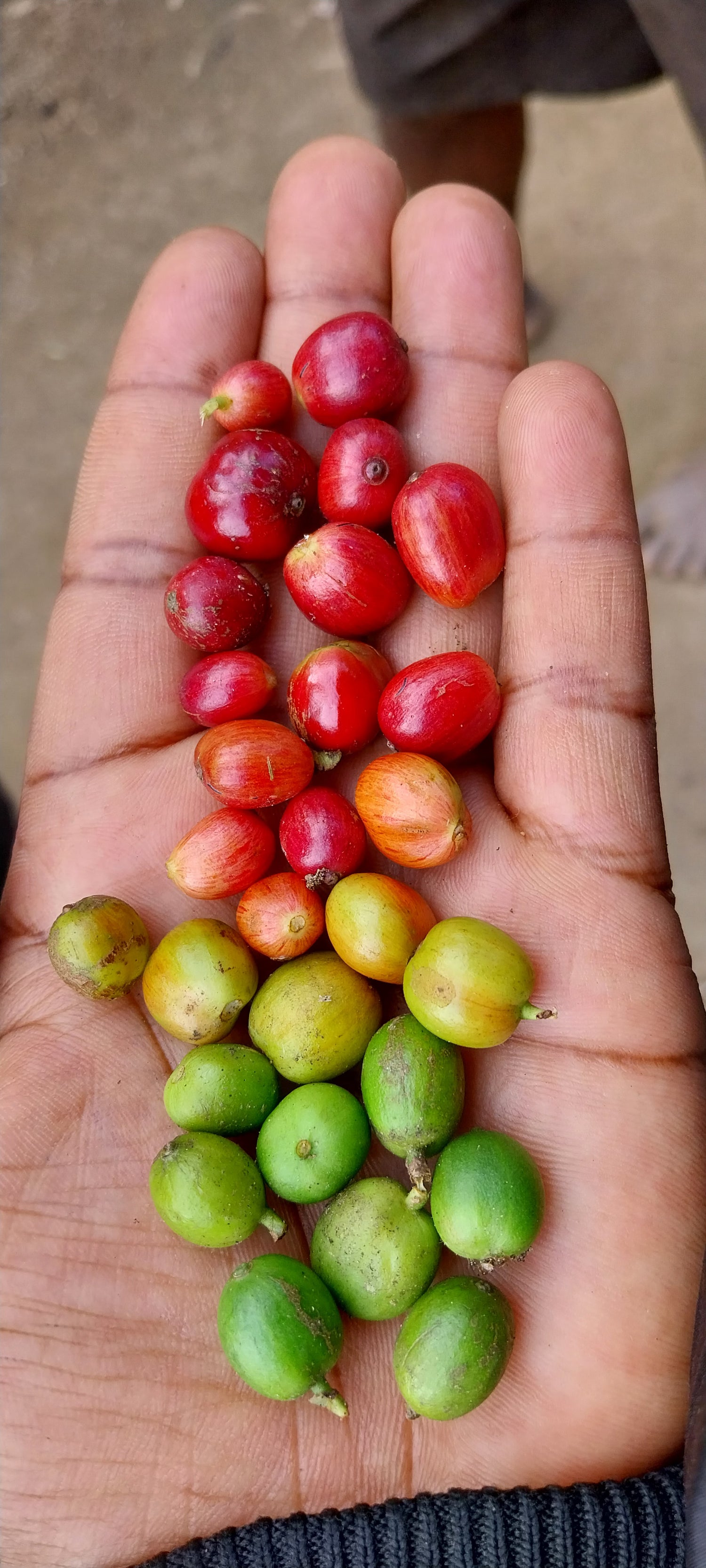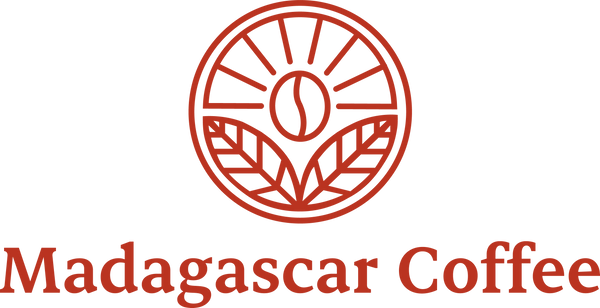We're on a Journey ...
To reshape Madagascar's coffee supply chain.
For farmers, it’s a path to progress.
For customers, it redefines coffee as a relationship, not a transaction—creating a transparent, sustainable, and equitable ecosystem that transforms lives, communities, and the environment from farm to cup.

How it started
We’re Jim and Ryan—co-founders of the Madagascar Coffee Company and long-time friends. Over the years, we’ve shared countless conversations about impact, enterprise, and the possibility of building something meaningful. From these conversations, which often happened over a cup of coffee, MCC was born.
It all started with an idea—or rather, a persistent suggestion.
Ryan was looking for his next venture. Jim, who had spent years working across Madagascar in agricultural supply chains, suggested: “Look at coffee. There’s huge potential.”
Ryan brushed it off. It wasn’t working. It hadn’t worked. It couldn’t work.
“Look at coffee,” Jim said. Still not interested.
Then one more time—“Look. At. Coffee.”
So Ryan did.
He drove across the country, into the highlands and throughout the east coast, exploring areas where coffee had historically grown. He arrived in communities and asked “Who here grows coffee?” He met with farmers in small communities, often miles from the nearest paved road. He listened to their stories of harvesting cherries without knowing when they would sell the coffee nor the price they could sell it for, of low yields and abandoned trees, of hard work without reward.
Ryan collected samples, brought them to specialty coffee grades, and started cupping.
He found potential: Extraordinary quality, hidden under years of neglect. But also massive structural challenges, including poor agricultural practices, fragmented supply chains, missing bridges (literally), and no post-harvest processing.
Ryan went back to Jim.
“We’re doing coffee.”
Jim smiled. And that was that. The Madagascar Coffee Company (MCC) was born.
But MCC is more than a business. It’s a conviction that Madagascar’s coffee can be extraordinary in its quality and impact. Our mission is to revitalize the sector from the roots up, changing lives and landscapes.

Revitalizing Madagascar’s Coffee Sector
Madagascar was once one of the world’s top coffee exporters. Through the 1980s, coffee was a cornerstone of the rural economy—supporting families, communities, and ecosystems across the highlands and eastern forest corridor.
Then came the collapse. Global price shocks, aging trees, and a lack of investment pushed farmers out of coffee. Parcels that once grew shade-loving coffee varieties were converted into corn, rice, and manioc fields. Livelihoods were lost, and so was the forest. Many of Madagascar’s former coffee regions are now among the country’s poorest—and its most ecologically threatened.
We believe coffee can help reverse that cycle.
The Madagascar Coffee Company pays farmers a fair and stable price for high-quality cherries—rewarding the work that goes into each harvest. But we go further: investing in training, distributing seedlings, and supporting good agricultural practices to improve both yields and quality.
More coffee, grown better, means more income for farmers. More income supports healthier families, stronger communities, and better outcomes in nutrition, education, and health.
It also supports the forest.
Coffee thrives under shade, and we encourage farmers to integrate shade trees and diversify their plots. Vanilla, cinnamon, cloves, fruit trees—even timber species—grow alongside coffee, turning parcels into mini-ecosystems. This approach improves soil quality, water systems, conserves biodiversity, and restores degraded land.
When farmers are motivated, supported, and connected to a real market, they grow better coffee. The coffee tastes better.
And better coffee builds a stronger, more resilient value chain—one where customers get an exceptional cup while knowing their purchase supports positive change for people and planet.
That’s the kind of virtuous cycle we believe in. And we’re proud to be building it—one farm, one harvest, one partnership at a time.
